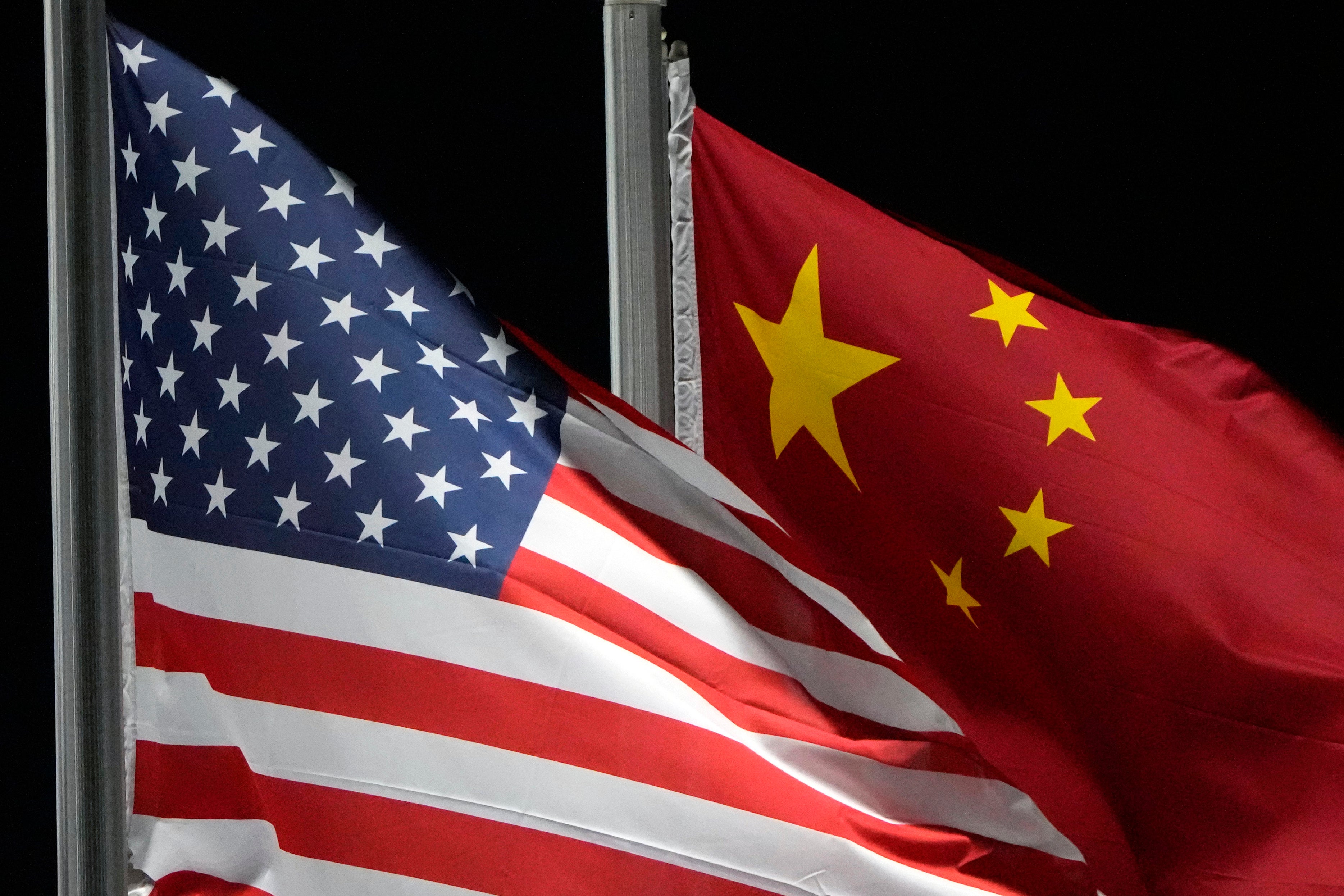How should the west view economic relations with China in the wake of Russia’s Ukraine invasion?
A constructive approach would best serve both sides – but the west may be wise to proceed with caution given Beijing’s support for Moscow, writes James Moore


Unwise”, “foolish”, a “policy failure”. All these words have been used to describe how reliant on Russian natural gas certain parts of Europe – notably Germany and Italy – allowed themselves to become.
The need to keep the taps on has complicated efforts to sanction Russia, which is still able to sell its oil and gas, and to derive an income from so doing as it pounds Ukraine’s cities, even it that has become mor complicated than it was.
At the same time, bankers, estate agents and others in London were allowed to prosper through serving some oligarchs, leading to the UK capital being dubbed “Londongrad”.
Sanctions against them have been comparatively weaker than those imposed by the US and Europe, despite the bluster of Boris Johnson’s government.
The west has belatedly recognised its mistake. It allowed itself to be lulled into a slumber even as Vladimir Putin was shamelessly carving off bits of his neighbours’ territory, while stamping down upon dissidents at home and abroad.
The tepid sanctions and sotto voce condemnations imposed while he was doing this sent a clear message to the Kremlin and now we are where we are. Cutting those links will not be easy. It will take years and billions of Euros to wean Europe off Russian gas.
This brings us to the question of another troublesome partner with an authoritarian regime, a record of thuggishness at home and the potential for adventurism in democratic western allies it stakes a claim to: China. A China that has talked of its “iron-clad” friendship with Russia knowing “no-limits” even as that country continues to violate Ukraine’s sovereign territory.
China is a far more formidable economic power than Russia. They are not in the same league. It is ten times as big and an important player in multiple sectors. The economic inter-reliance of China and the west is much greater.
The remarkable economic response to Russia’s invasion of its neighbour by the west – which has accepted that imposing sanctions tough enough to bite involves accepting considerable pain – would clearly not be possible in the event of a Chinese invasion of, say, Taiwan, a fear which has been much discussed in recent days.
There would be a lot more pain to be endured in mounting a response to an act of aggression against an island China regards as a wayward province. Put it this way: Apple stopped selling iPhones in Russia in response to its invasion. China is where they are put together. That is just one, relatively trivial, example.
Which begs the question: what now. Do the existing links need to be reassessed? Does China’s support for Russia make that question more imperative?
China was seen as the main competitor to American interests during the administration of Donald Trump, which imposed punitive tariffs on imports as part of what amounted to a low-level trade war.
The UK, taking its lead from across the Atlantic as ever, also started to take a more hawkish turn. Huawei was tossed from its 5G mobile network while ministers have been seeking to remove CGN, the Chinese state-backed energy concern, from the new nuclear power plant planned for Hinkley Point.
The current White House incumbent, Joe Biden, has dropped the incendiary rhetoric, and the petty “America First” dogma that soured US relations with much of the world. But its policy towards China is otherwise little changed.
This drew criticism from Jeffrey Bader, the former principal adviser to then-President Barack Obama on Asia, who argued for “a relationship with China that is not a pale imitation of (Joe Biden’s) predecessor’s” and for “a foundation for a constructive relationship with the next generation” in a blog for the Brookings Institute.
He also pointed out that decoupling the world’s two largest economies would make both poorer. He was correct. It will.
On the other hand, he was writing in January when Russia’s invasion was being talked of as a possibility and the discussion was about the best ways to prevent it. Now it has become horribly real, the calculus has changed – because the world has changed.
Can China be considered a reliable economic partner in the wake of this and, if not, what should be done about it? The answer remains unclear.
Bader was not wrong, even now. A constructive relationship would be the best for all concerned and the world should be safer that way. But caution should, and probably will, be the watchword and due regard should be paid to how Beijing responds over the coming days.
The actions of Russia have clearly demonstrated the risks posed by becoming too economically reliant on a power that doesn’t feel it needs to be bound by international norms.






Join our commenting forum
Join thought-provoking conversations, follow other Independent readers and see their replies
Comments